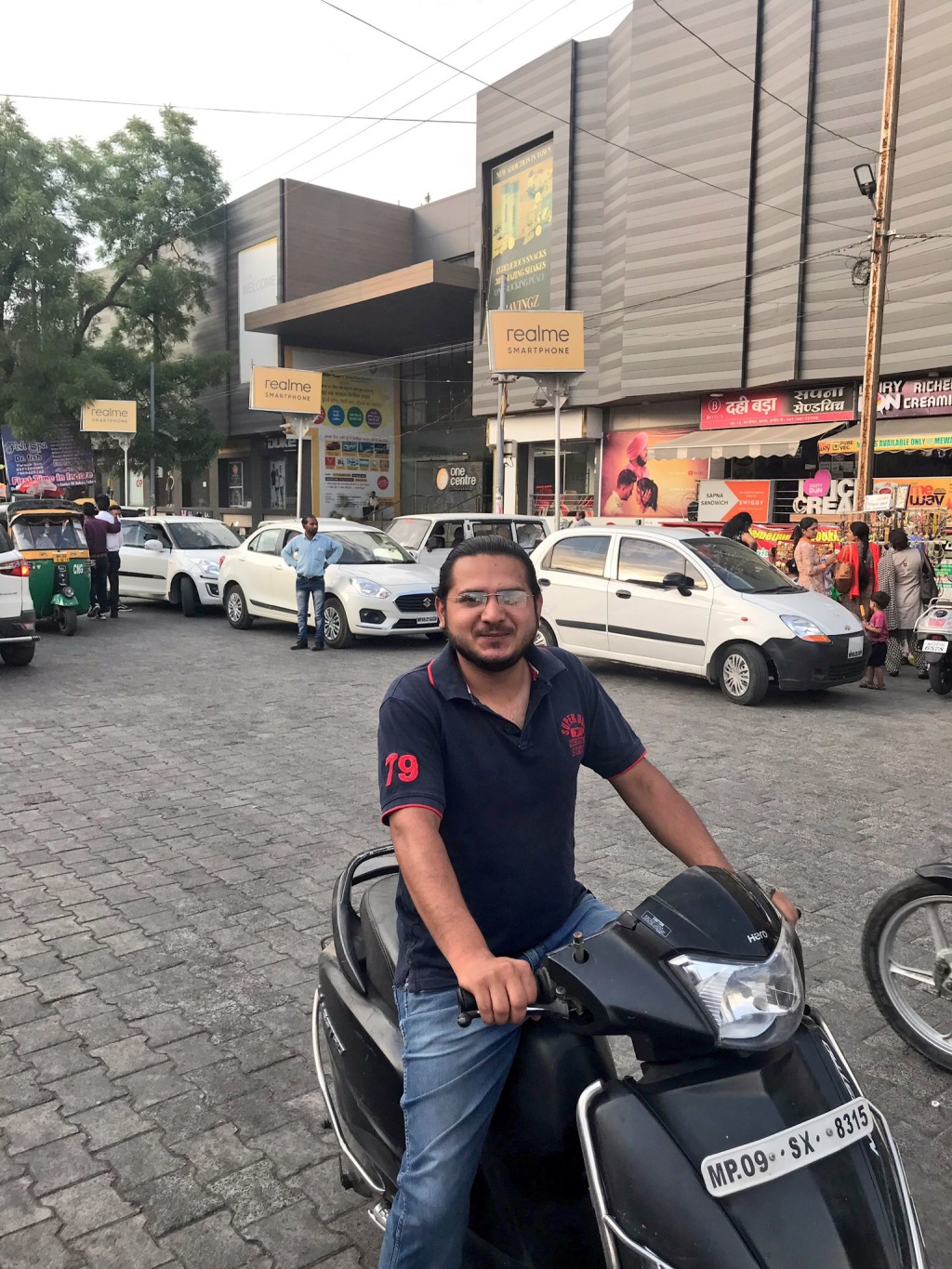India’s general elections — the world’s largest democratic exercise — were too exciting for me to sit on the sidelines.
So I decided to camp out in Madhya Pradesh, a politically important battleground state which the Congress had wrested from the BJP in the December 2018 assembly elections, and ask its young voters about the choice in front of them.
I spent three weeks in the state, primarily in Indore, a fast-growing city called ‘Mini Mumbai’ due to its cosmopolitan nature; Dewas, an industrial township near Indore; and Bhopal, the state capital where a high-octane contest between former Chief Minister and Congress candidate Digvijaya Singh and the BJP’s nominee, a Hindu godwoman accused in a bomb-blast case, Pragya Thakur, had generated national headlines.
Although I did not predict a Modi wave of this magnitude, the fact that I could only hear one name wherever I went: Modi’s, made it clear that the prime minister was the favorite.
Please find my series of four articles on Madhya Pradesh’s young voters for Firstpost here. In the first, I document the reaction of young Muslims in Bhopal to the candidature of Pragya Thakur, the Hindu priestess currently on trial in a terrorism case for her alleged role in the 2008 Malegaon blasts, where six Muslims were killed. Universally, Muslims in the city were shocked at her nomination, many declaring that no one with a sense of humanity could vote for her.
On counting day, she won with a margin of more than 300,000 votes.
In the second, I take a look at Indore’s education industry, where a booming economy of education centers and coaching institutes has created a city full of students and recent graduates. The only problem? They are not employable for the few jobs being created in the state.
In the third, I highlight the political implications of Indore’s dual employment and employability crisis, mainly finding that its young voters do not hold the prime minister or his political party responsible for their situation. They are all-in for Modi’s reelection, with his ‘strongman’ image being a significant source of support.
In the final piece, I ask young voters about Mr. Modi’s principal challenger, Rahul Gandhi, and the centerpiece of his campaign for parliament: a Minimum Income Guarantee called ‘NYAY.’ The reaction to him and his promises was almost universally negative.
As I mentioned above, I did not see such a landslide victory on the horizon. But after I went back through my field notes, it became evident that a prevailing nationalist sentiment after the Balakot air strikes against Pakistan and the intense dislike towards Rahul Gandhi were the main factors responsible for such a stunning result.

Leave a comment